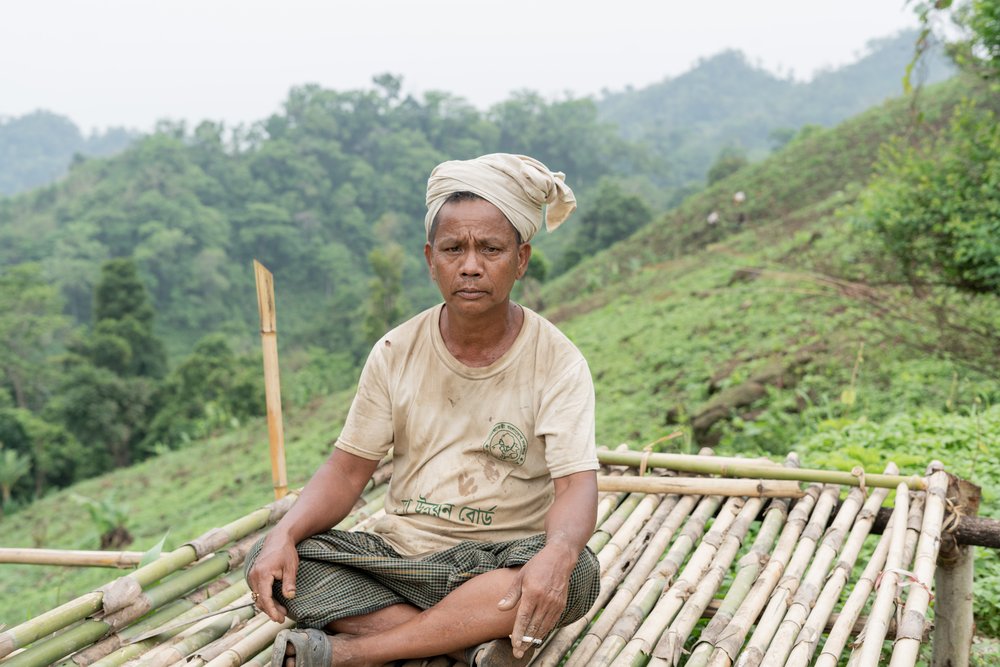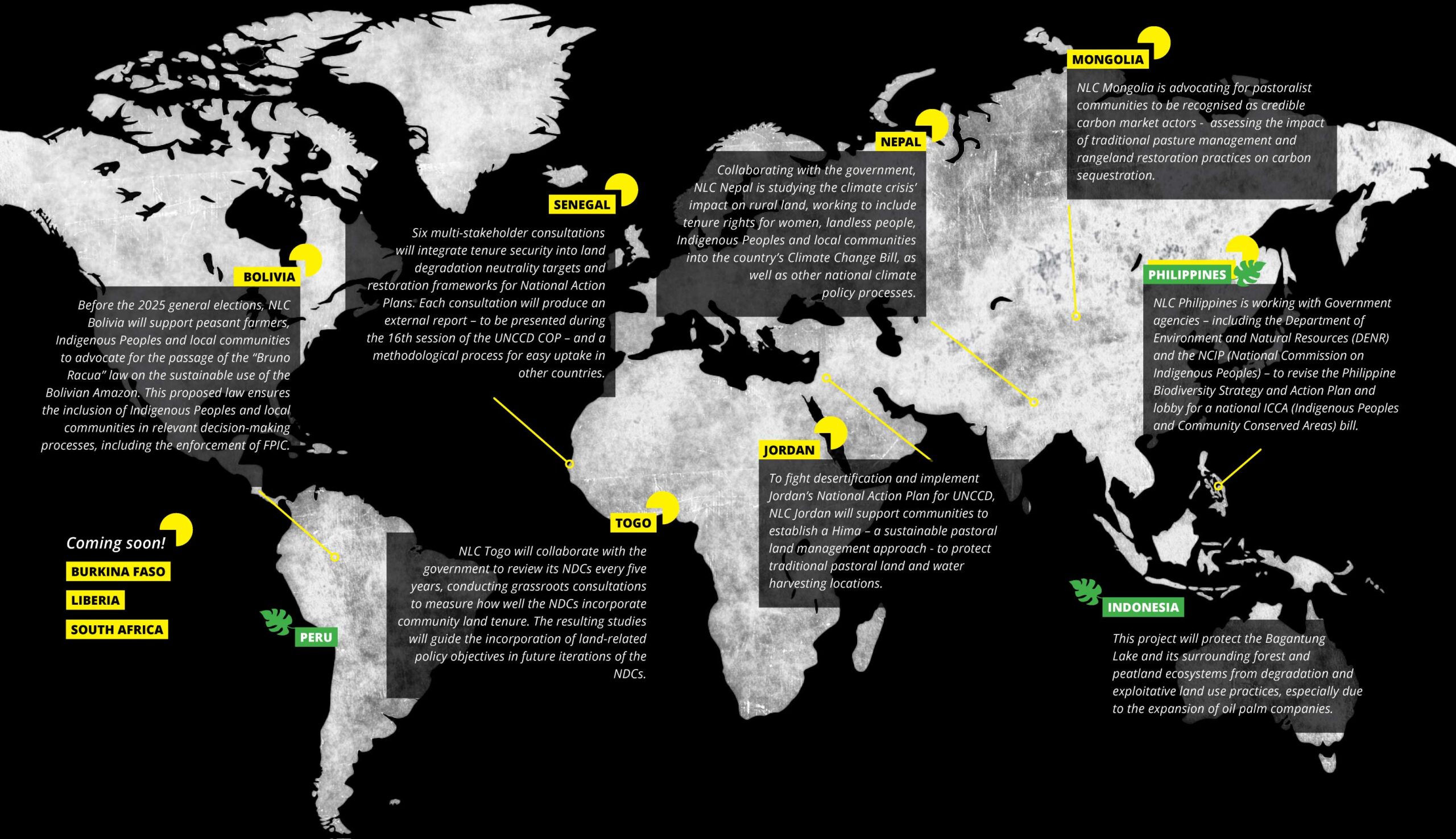CHAPTER 1
LOCAL TRANSFORMATIONS
THROUGH NATIONAL LAND COALITIONS
ILC’s National Land Coalitions (NLCs) are connecting
330+ partners across 30+ countries
With people’s organisations at the helm, NLCs are grounded in the needs of the communities on the frontlines tackling some of the world’s biggest crises: shrinking civic space, rising inequality, broken food systems, and the climate crisis.
The work they do transforms day-to-day lives by building solid foundations for systems change in land governance. Even in the face of extreme challenges, their achievements are notable.
Practices changed
- Africa: 28 Practises
- Asia: 26 Practises
- EMENA: 5 Practises
- LAC: 15 Practises
policies changed
- Africa: 15 Policies
- Asia: 18 Policies
- EMENA: 5 Policies
- LAC: 14 Policies
women involved
in ILC platforms
Youth involved
in ILC platforms
Indigenous youth resist land grabbing in Bangladesh
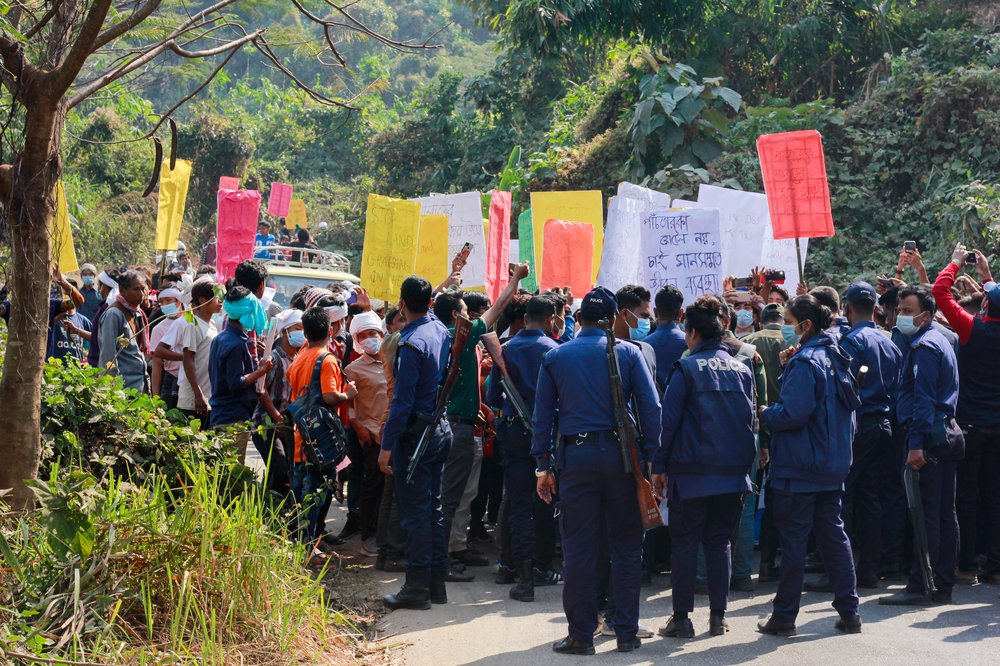
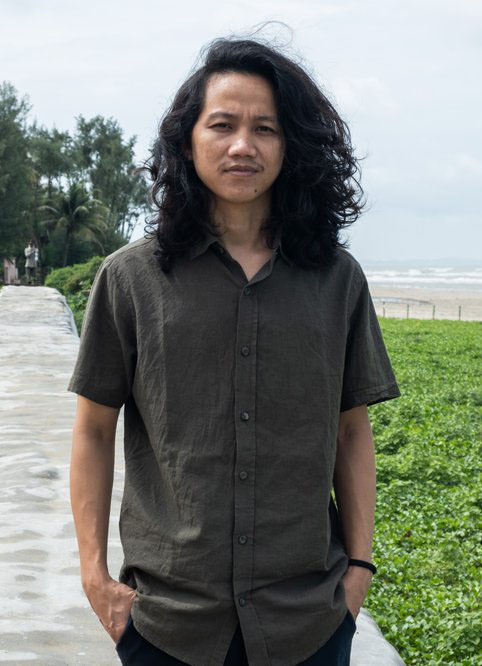
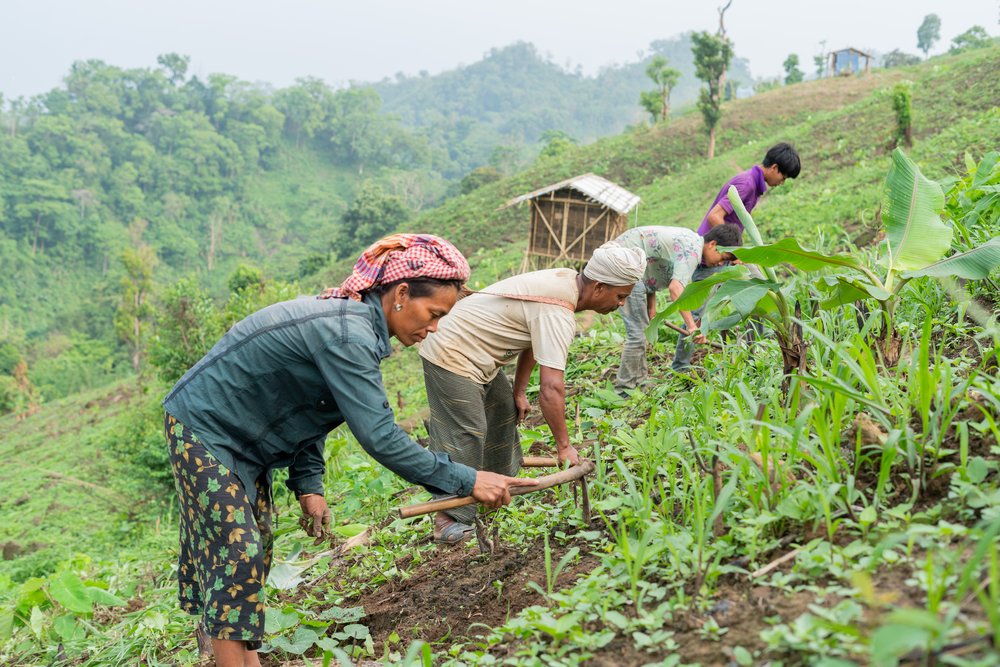
In Bangladesh, the National Land Coalition worked closely with Indigenous youth fighting against land grabbing and growing land inequality, as they took on a five-star tourism project seeking to grab their ancestral territory on Naitong Hill. The land is also crucial to the community’s agriculture and a primary source of income. But for Indigenous Peoples, land does not only provide livelihoods, it is intrinsically linked to their identity, culture, and way of life. The Mro are one of 11 Indigenous communities living in Bangladesh’s Chittagong Hill Tracts (CHT).
When Reng Young Mro discovered that nearly 10,000 members of his community were at risk of being evicted, he returned home from studying in the capital and joined forced with other young Indigenous people.
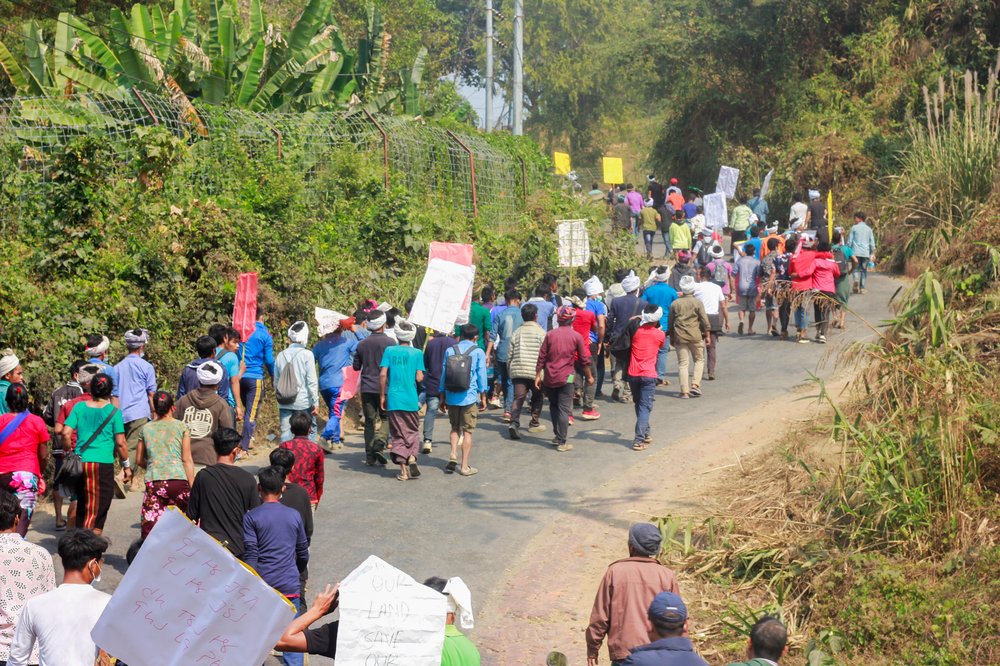

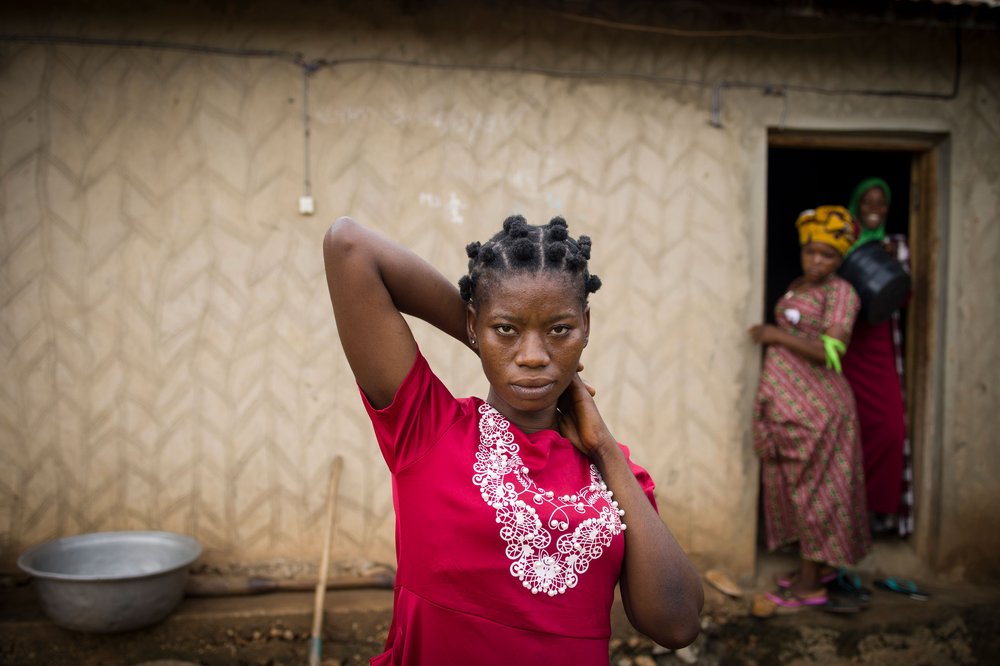
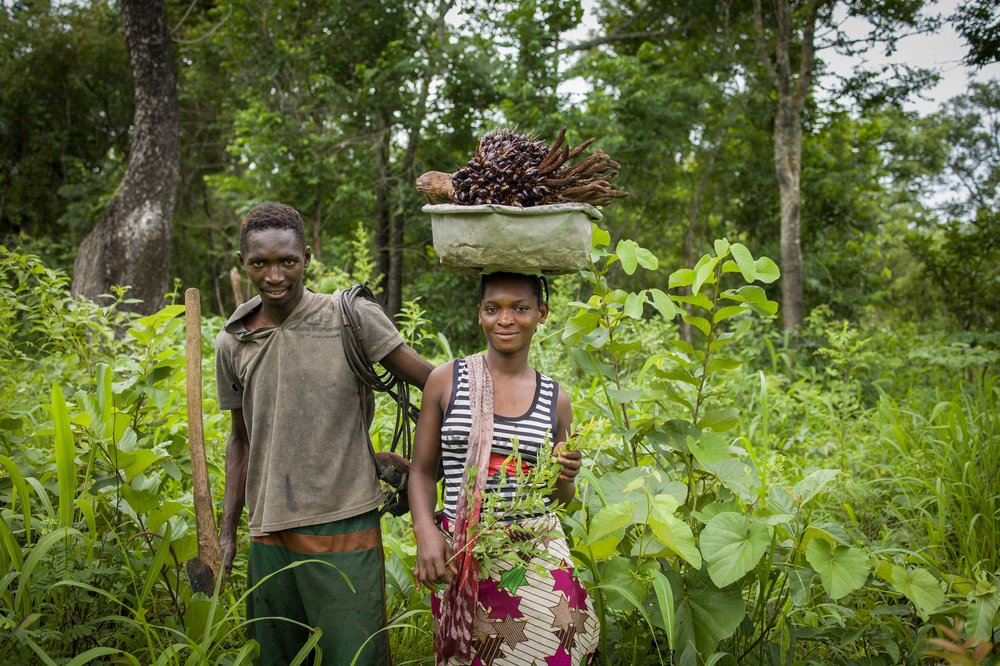
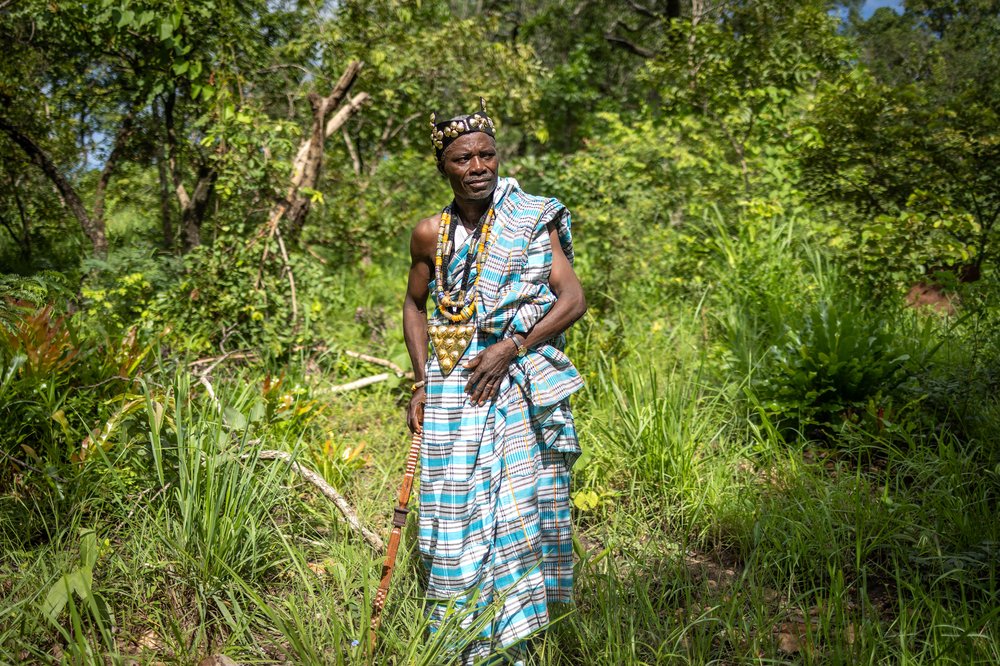
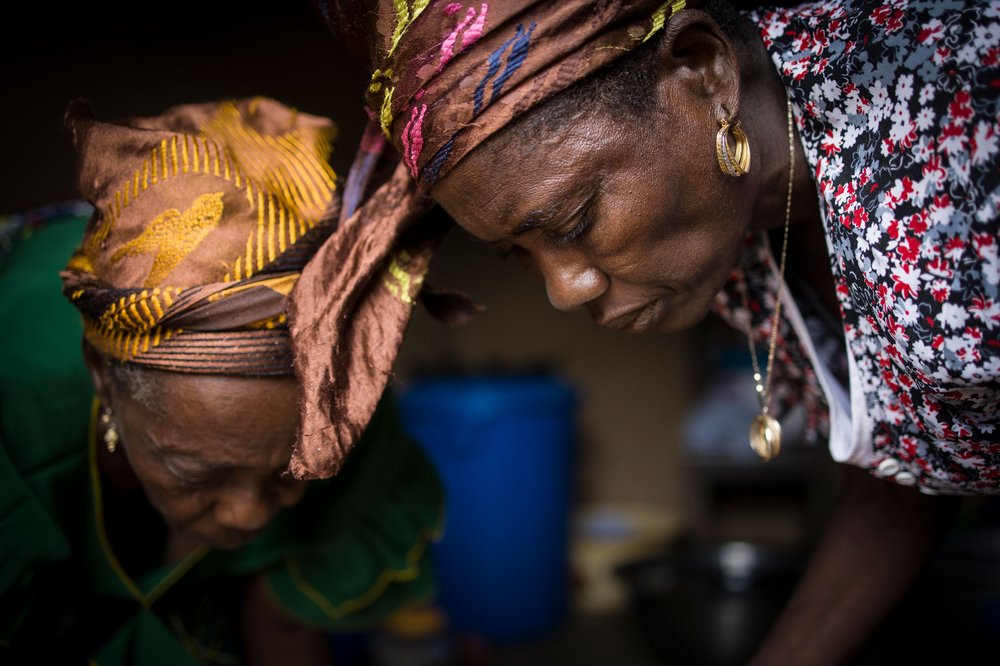
Boundaries for peace in Togo
The communities that National Land Coalition Togo works with also face mounting threats of land grabbing, as more extractivist industries eye their natural resources. This – added to climate-crisis-fueled land degradation and the clash between customary land tenure and private titling systems – creates pressures that can dramatically escalate land conflicts. The NLC kicked into action.
Mobilising to implement the 2018 Land and Property Code – which established the rights for communities to own, transfer, and use land – the coalition significantly strengthened local stability and unity, transforming land governance to reduce the risk of conflict.
Together with the support of the NLC, Chief Semenou Ankou led this process in the Illico Ogome community. They began by holding conciliation meetings between neighbouring communities to resolve existing land disputes.
They then helped map, demarcate and register over 400 hectares.
In doing so, they gave the community decision-making power over the land and resources they depend on for their livelihood, simultaneously defending them against external threats.
Dossavi Donne
One young farmer, Dossavi, witnessed first-hand how land insecurity affects communities and families. Born and raised in Illico Ogome, Dossavi had fled his village as a young man to avoid getting involved in land disputes and in search of a more secure future in the city. Thanks to the work of the NLC, Dossavi finally claimed the land he had lived and farmed as his own.
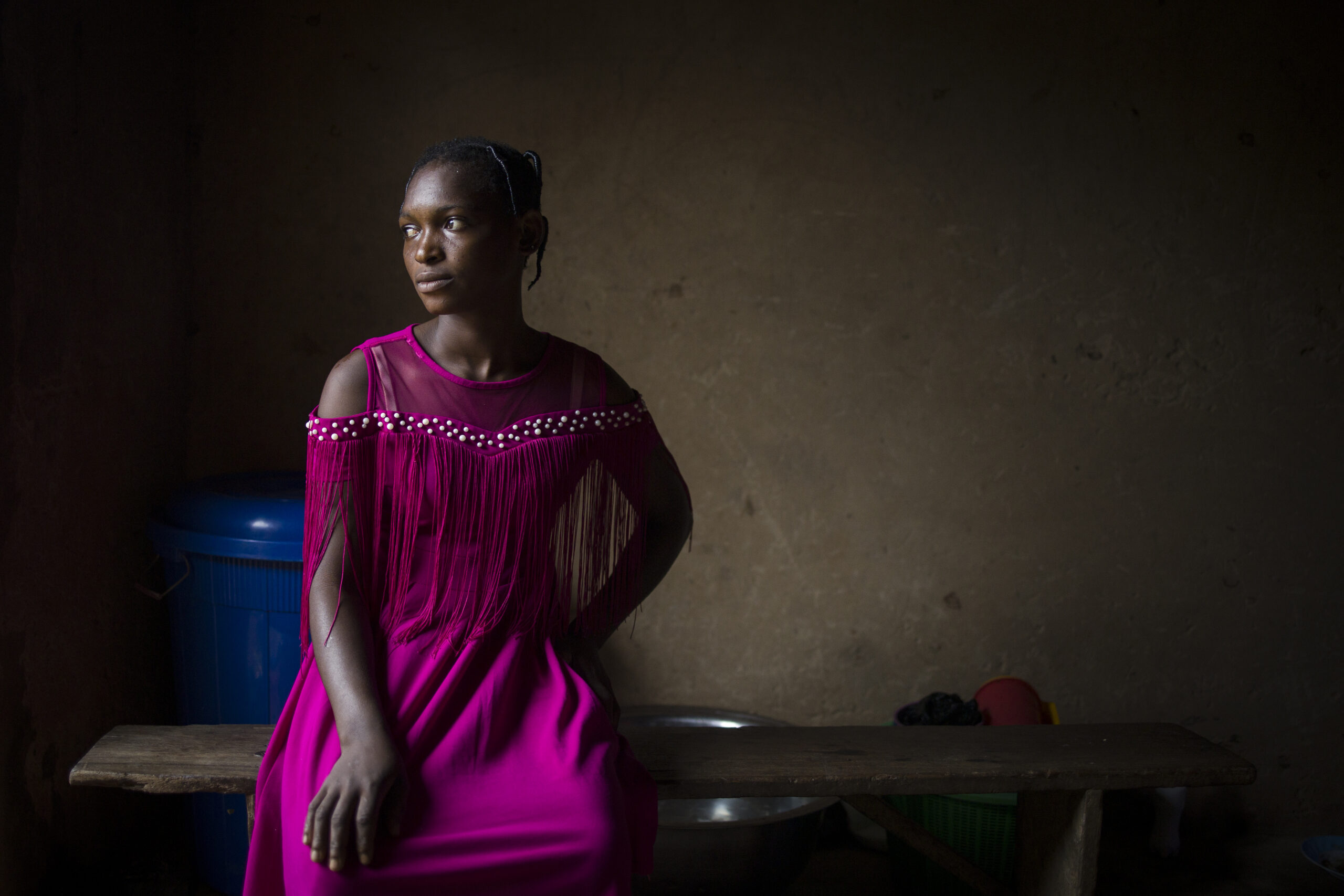
Feeding families with Indonesia’s agrarian reform
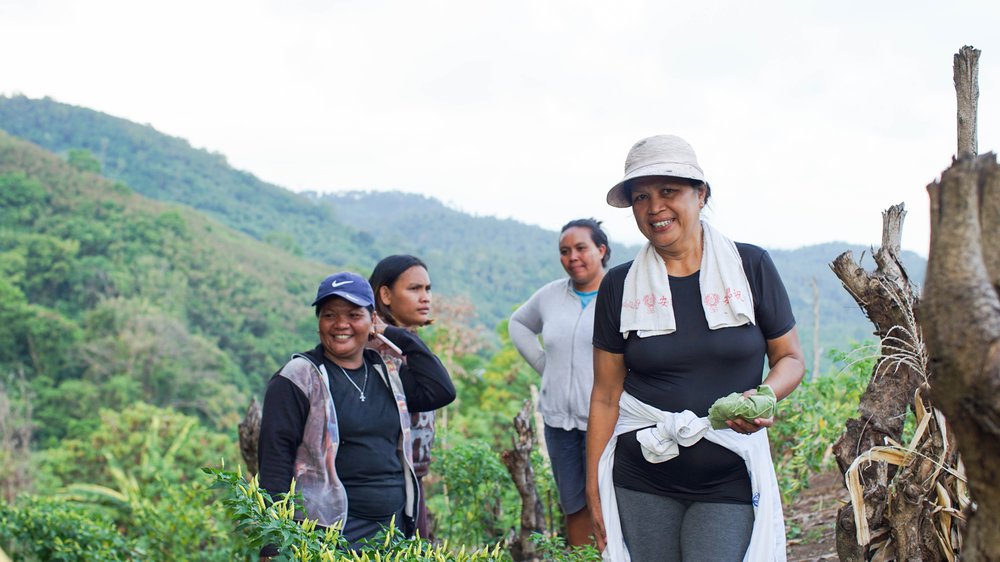
In Indonesia, the National Land Coalition implemented a participatory mapping initiative similar to Togo’s, countering the government’s top-down approach to land redistribution.
Taking advantage of existing national legislation and Agrarian Reform Programme, it worked with local communities in Mangkit village to fight for their land rights.
The initiative resulted in the government returning 444 hectares of land and certifying 1,050 land certificates, strengthening local communities’ tenure security and bolstering sustainable food systems.
Nearly 50% of titles went to women farmers, like Anci Tatawi. Before receiving her title, she had been fighting a coconut plantation company for her land, regularly receiving threats and being accused of encroachment. Today, Tatawi owns and operates a 1,000-square-metre farm alongside her husband (each with their own land certificate) and has opened a small convenience store.
“Together with a group of women farmers, we started a small business using our crops to make chips, like banana and sweet potato chips. We sell them in neighbouring villages, too. [...] My message to other women farmers in Indonesia is we should never stop fighting for our land rights.”
Anci Tatawi
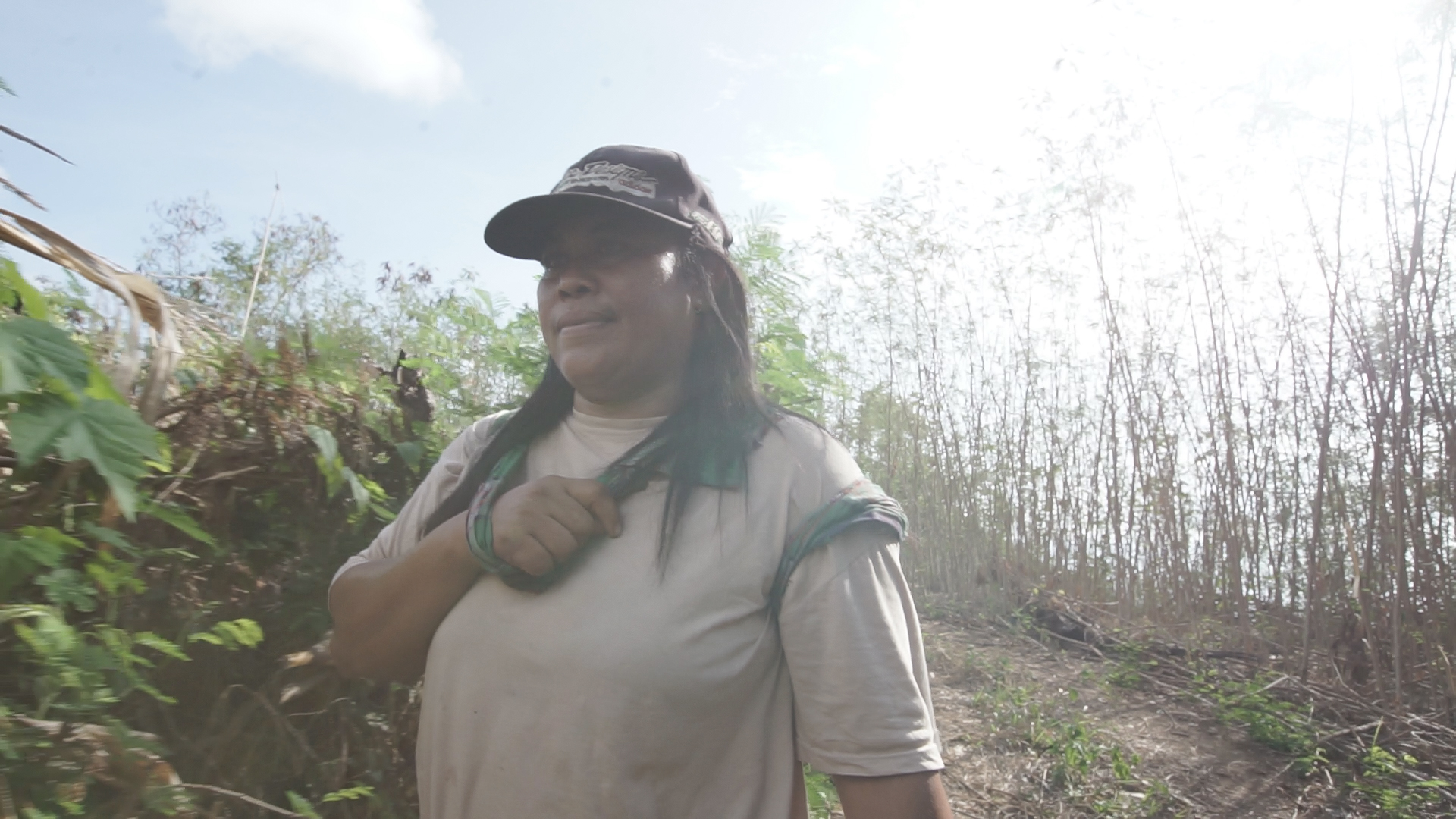
Land reform for Filipino sugarcane farmers
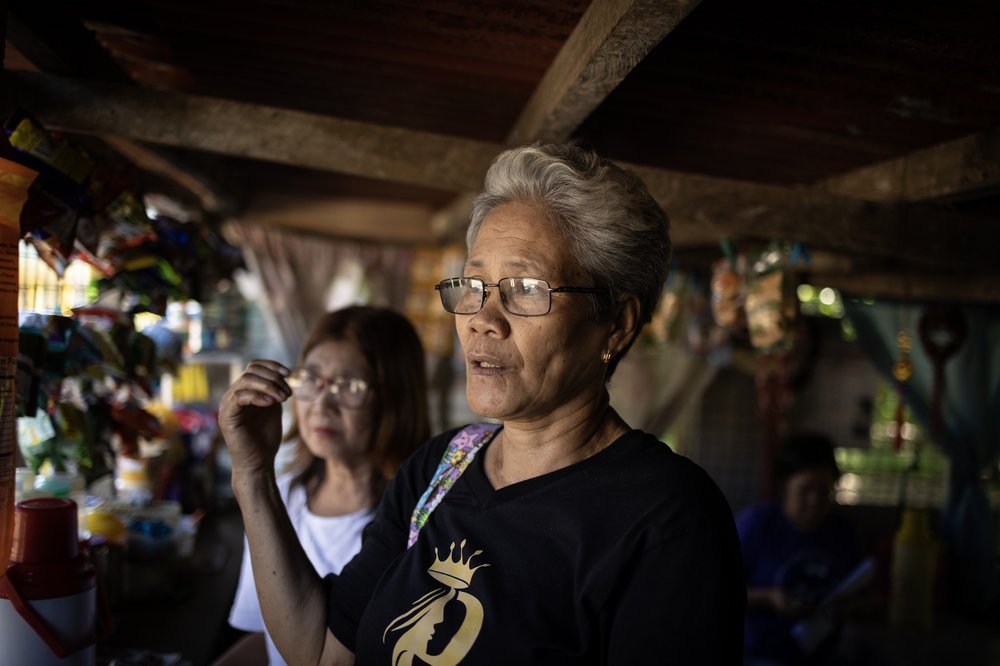
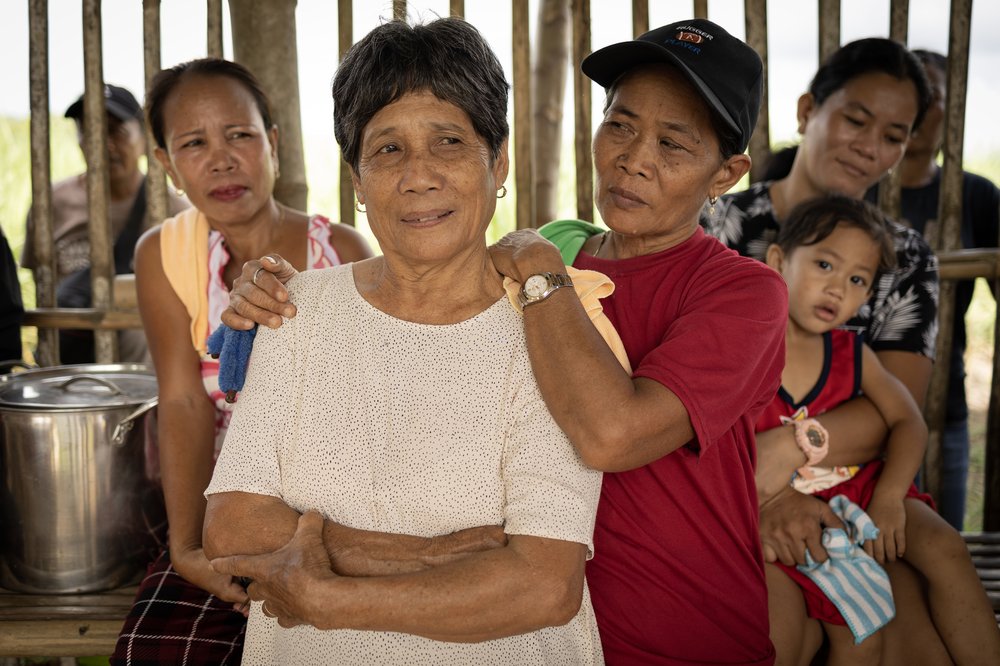
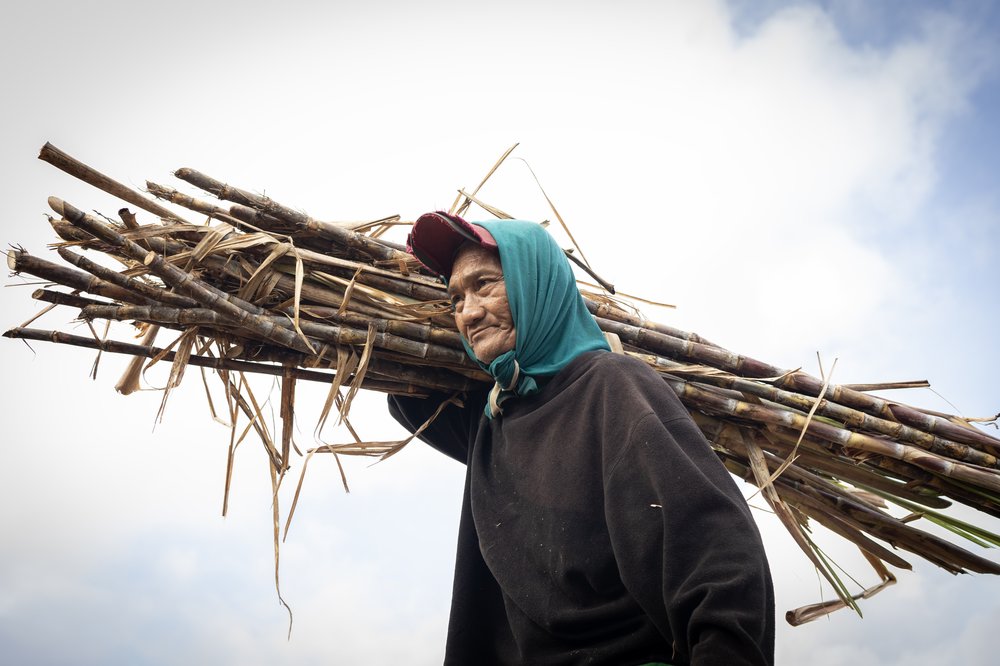
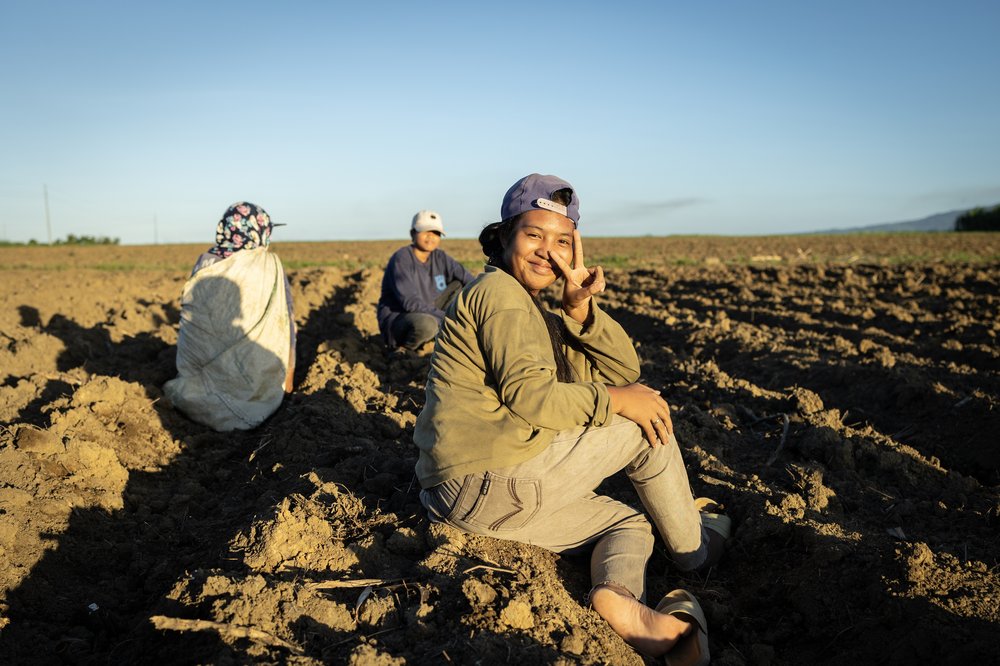
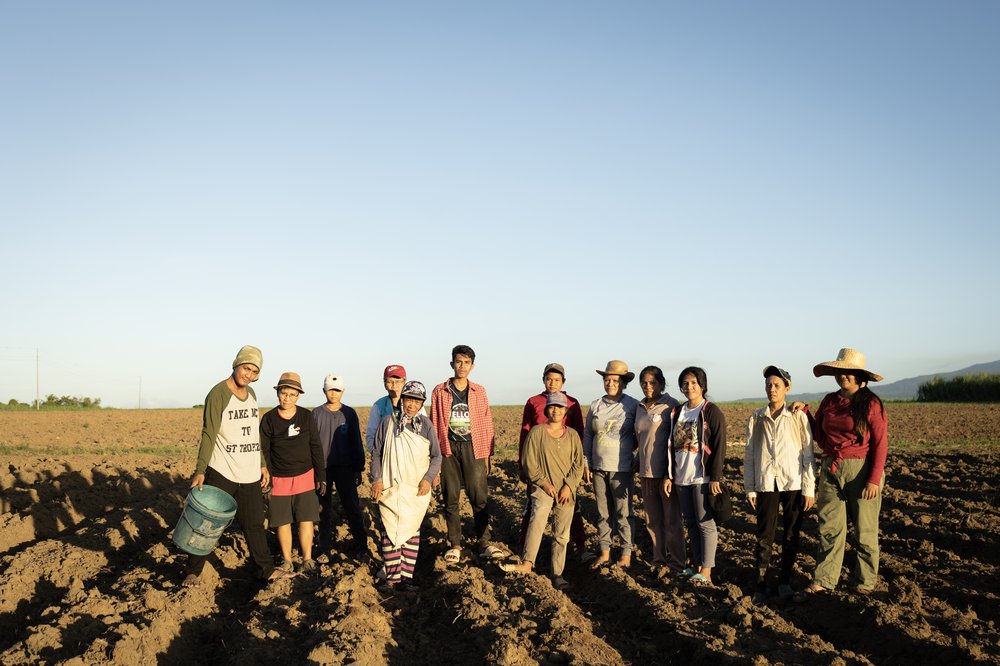
The Philippines – similar to Indonesia – has an existing agrarian reform programme dating back decades, which is meant to redistribute land from elites to landless peasant farmers. In reality, however, land distribution remains drastically unequal in the country. Landowners resist the programme despite being compensated by the government, or they find loopholes, allowing them to take back their land.
Many programme recipients have been victims of sluggish land reform processes, waiting upward of 30 years for their titles. The National Land Coalition in the Philippines changed this when it mobilised to support sugarcane farmers like Teresita Tarlac. Tarlac fought for 10 years until she could finally plant sugarcane on her own plot of land, formally belonging to a local mayor.
“They offered me many millions to stop fighting for this land, but I told myself, if I give into the fear, the next generation will go hungry, and I will be the only one who is rich,” Teresita told us.
Teresita
She, herself, has helped secure 797 hectares in 13 villages within the Negros Occidental and is in the process of helping to secure 500 more
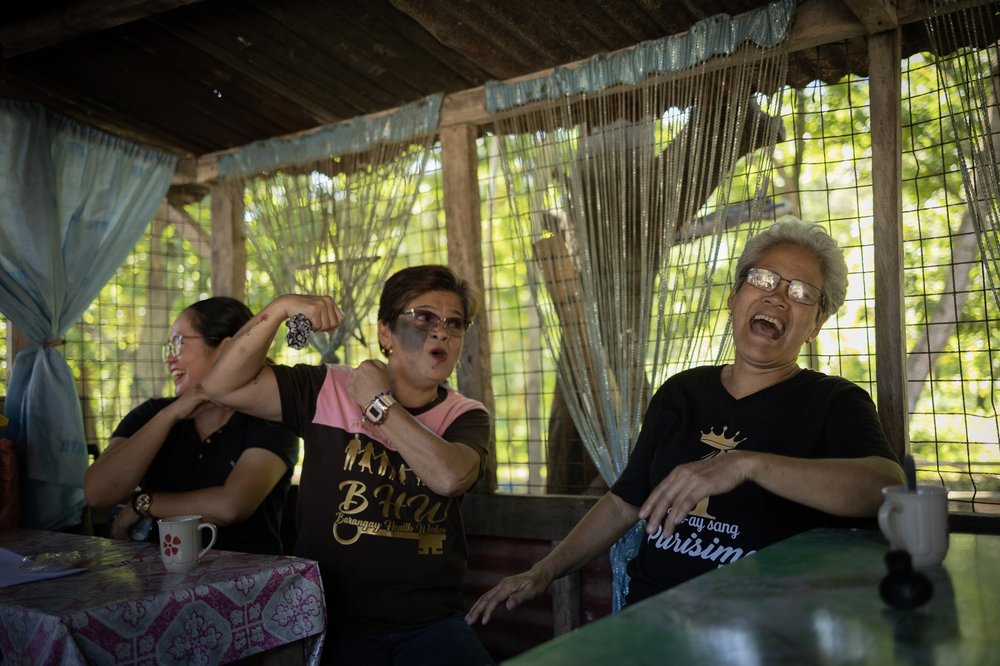
Cultivating the future in Argentina
“We have been organising and resisting, but the struggle is very unequal. Our fight is for a more care-filled agriculture, campesino agriculture, and family farming. The other agriculture is aggressive and destructive,”
Coravalán
“The Family Farming Law is a fundamental baseline for demanding the implementation of the United Nations Declaration on the Rights of Peasants and Other People Working in Rural Areas.”
Martin Simón, National Land Coalition Argentina Facilitator
Like in Indonesia and the Philippines, large-scale agriculture poses an existential threat to family farmers in Argentina. Although small-scale producers harvest 60% of the country’s food, monoculture-dominated soybean harvests make up nearly 50% of cultivated land and employ methods significantly aggravating the climate crisis. The industry poses a double threat for farmers like Dora Corvalán. On the one hand, the dominance of the agro-industry imperils Corvalán and her community’s incomes. On the other, it is also becoming increasingly difficult to cultivate key crops due to erratic weather patterns and land degradation.
To push back, the National Land Coalition in Argentina has joined forces with local communities and activists like Coravalán, advocating for the regulation and adequate budget allocation to the country’s family farming law. Significantly, the government has regulated the law – which today recognises the importance of campesino farmers to Argentina and the country’s food security. In doing so, it has accepted their vision of land which understands the earth not as a commodity, but as a living being.
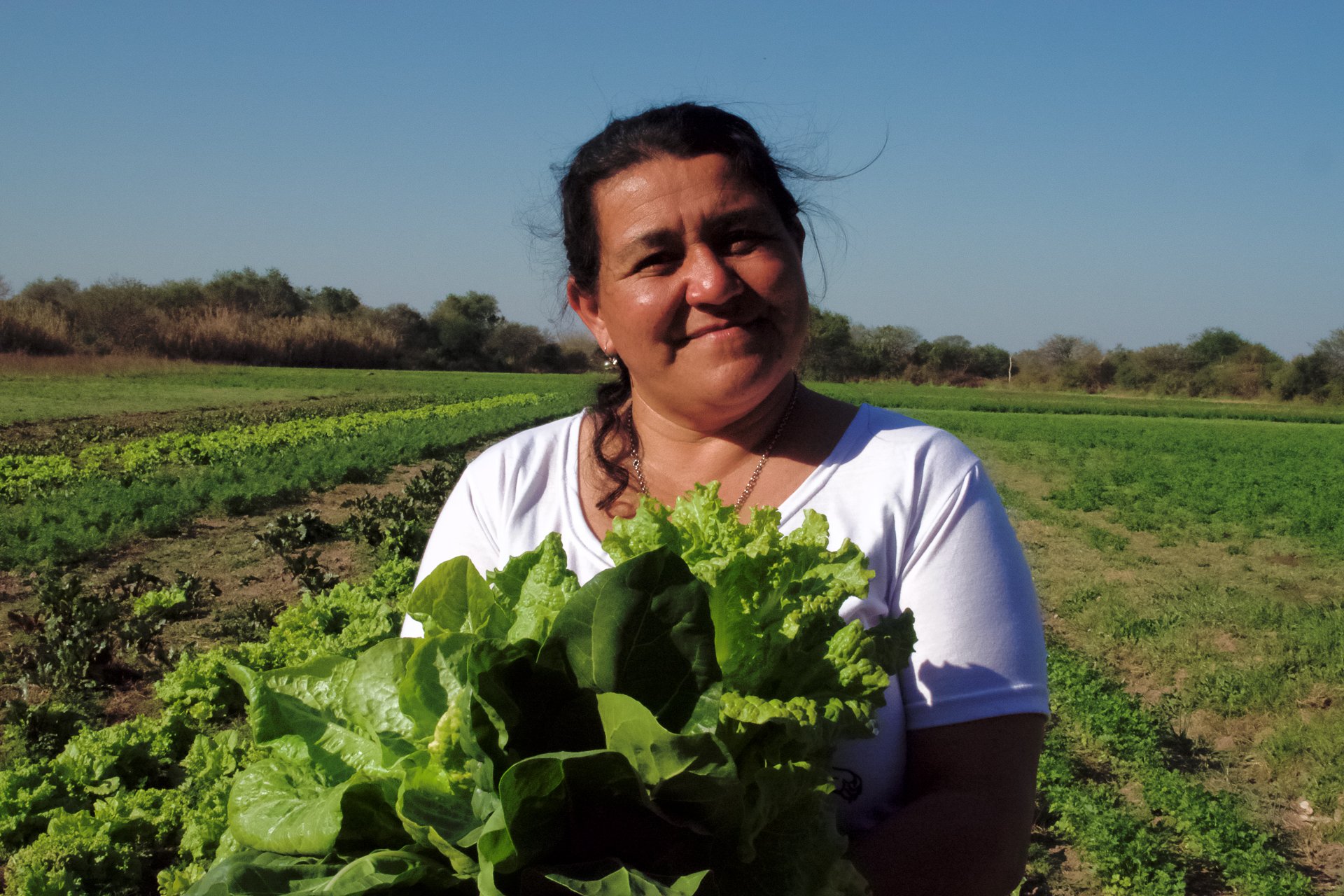
Looking after lagoons in Ecuador
Communities working with the National Land Coalition in Ecuador are not facing the expanding frontiers of soybeans, but the greenhouse floriculture industry, one of Ecuador’s largest exports. Combined with unregulated tourism and the over-burning of mountain ecosystems, this triple threat jeopardises access to fresh water for approximately 200,000 people living in the Northern Ecuadorian Andes.
To respond, the Pedro Moncayo Farmers’ Union (UCCOPEM) joined the National Land Coalition of Ecuador (Plataforma por la Tierra y los Territorios Sostenibles), Ecolex, the local government, and other actors to start a groundbreaking people-centred conservation project. Helmed by María Elena Quimbiamba, the first young woman president in the organisation’s history, UCCOPEM led in creating the conservation area. Today, The Mojanda Conservation and Sustainable Use Area protects the local ecosystem and safeguards livelihoods by regulating water supply, mitigating floods and droughts, and promoting biodiversity. All of this better equips local populations to confront the climate crisis.
The project’s success is in no large part thanks to the fact it was created inclusively. Together, local communities determined the most appropriate forms of ecosystem management, expressing their needs and interests. Throughout the process, they didn’t just have a seat at the table; they were leading the conversation.
"I dare say my generation already has environmental awareness. Mojanda is no longer just a place where we go up to take a photo, but we see conservation as the objective and we need to preserve our ecosystem, not only for us but also for our daughters and sons."
María Elena Quimbiamba
“The first thing that was done was the limitation of the agricultural frontier, then we surveyed flora and fauna, land tenure and, fourthly, the municipal ordinance to declare the ACUS. Thanks to the declaration, our forests have flourished, fires have diminished, and tourism has been regulated.”
Luis Catucuango, Director of Environmental Management of the Municipality of Pedro Moncayo
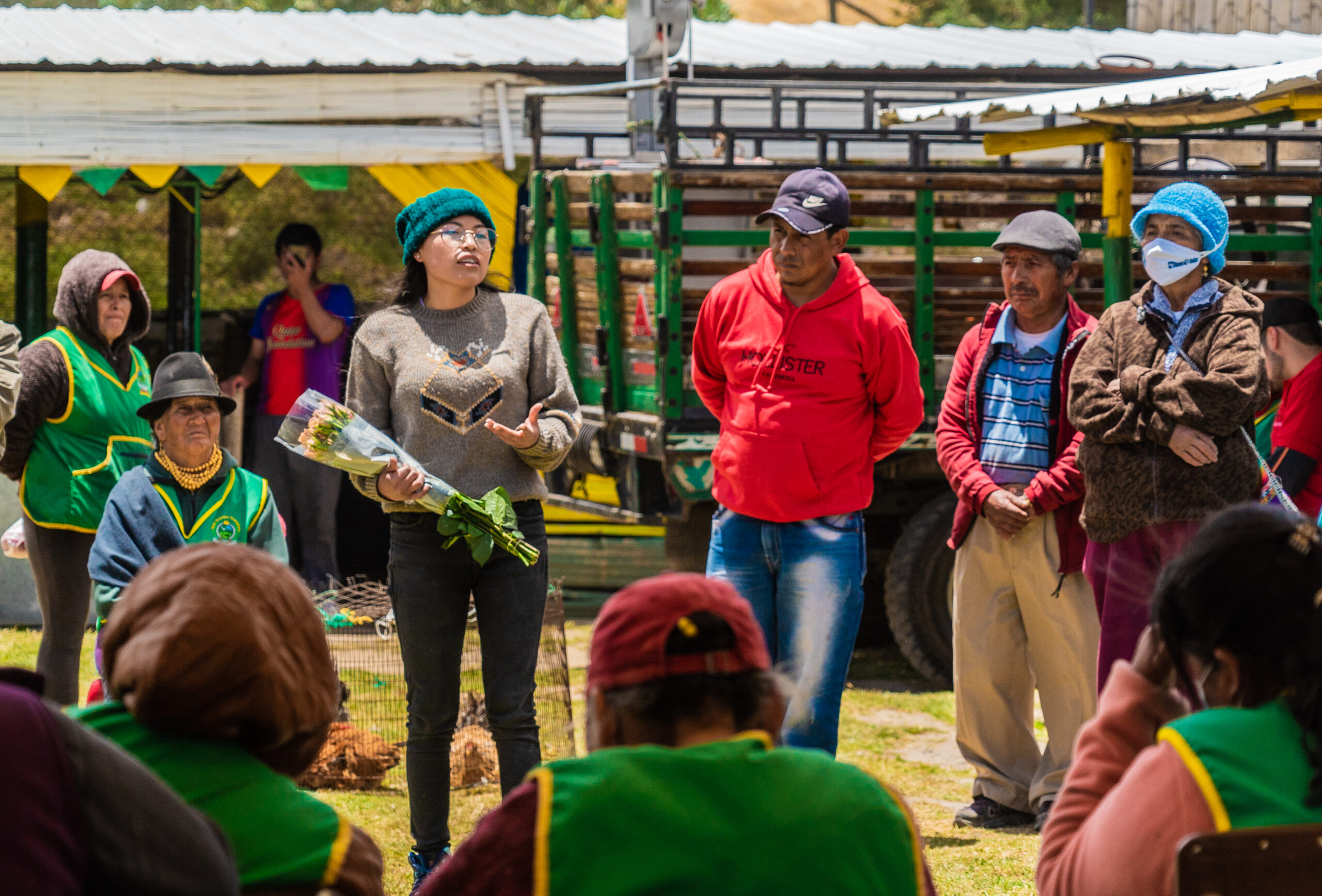
National Land Coalitions take on the climate and nature crises
If there is a common thread between all six stories we told – Reng Young Mro’s in Bangladesh, Chief Semenou Ankou’s in Togo, Anci Tatawi’s in Indonesia, Teresita Tarlaca’s in the Philippines, Dora Corvalán’s in Argentina, and María Elena Quimbiamba’s in Ecuador – it’s that the climate crisis has intensified and complicated their fight for land rights and sustainable futures.
Our network feels the effects of the climate crisis not only in their territories’ land – often eroding, almost always reverberating from the painful loss of biodiversity – but also in the political, economic and social environments they live and work in. As extreme as the weather events and the temperature shifts they cope with are, so are the escalating demands for their land caused by top-down climate solutions. So too is the increasing persecution they face for defending their territories.
But even as our network faces unprecedented challenges, National Land Coalitions have stepped up with transformative and resilient solutions to the climate crisis. Their solutions are grounded in land rights and sustainable practices. They are sustained through the knowledge that just as land is at the heart of the climate crisis, it is also the pathway out of it. It is no great surprise that the lands Mro, Ankou, Tatawi, Tarlac, Corvalan, and Quimbiamba steward are healthier than most. Caring for the land is part of their core belief.
“We live on and with the land, we live for the land. Everything we extract from it we must give back to it in some way.“
Dora Corvalan
A people-centred climate finance approach
To help address this funding gap within the network, ILC created a climate facility for National Land Coalitions in 2024.The Global Land Catalyst helps ensure that NLCs’ climate initiatives become nationally-codified climate solutions. It does so by providing funding to members to seize emerging advocacy opportunities including influencing the revision of their countries’ Nationally Determined Contributions (UNFCCC), National Biodiversity Strategies and Action Plans (CBD), and National Action Plans (UNCCD).
With the support of Global Land Catalyst funding, 10 countries – and growing – are integrating people-centred climate solutions into national laws and policies. They include Bolivia, Senegal, Burkina Faso, Liberia, South Africa, Togo, Jordan, Nepal, Mongolia and the Philippines. You can take a look at our Global Land Catalyst map here.
Even as we organise internally, we understand that the magnitude of the climate crisis requires collective action and collaboration beyond the bounds of our network. To strengthen our network’s efforts to mitigate the crisis and restore ecosystems, we forge dynamic partnerships with allies.
In 2023, as the first step in an ongoing partnership, Rainforest Trust committed 3.5 million USD to ILC, to work closely with communities that already integrate conservation efforts into their daily practices. The innovative partnership is establishing over 230,000 hectares of community-protected areas in three countries while safeguarding over 80 threatened species.
“Rainforest Trust's collaboration with the International Land Coalition forms a powerful alliance that resonates with the urgency of our time. Together, we work hand in hand to safeguard not only biodiversity but also the rights of Indigenous Peoples and local communities worldwide. These communities and individuals are the guardians of Earth's greatest treasures, for within the delicate balance of nature lies the future of our planet and the very essence of our shared existence. Simply put, by destroying biodiversity, we also undermine our own societies."
James Lewis, Vice President of Conservation for the Rainforest Trust
In Peru, ILC member CONAP is working to secure land titles for 23 native communities that collectively safeguard more than 200,000 hectares of the Amazon. In Indonesia, where people are fighting the expansion of palm oil companies, the partnership is working to protect Bagantung Lake and its surrounding forest and peatland ecosystems from land degradation caused – largely – by exploitative monoculture land use practices.
Meanwhile, in the Philippines, the partnership supports two community conservation areas in an ancestral domain and an island ecosystem. These community conservation areas are crucial to the National Land Coalition’s advocacy efforts. With Global Land Catalyst backing, the coalition is lobbying for a national ICCA (Indigenous Peoples and Community Conserved Areas) bill – a landmark policy to strengthen the role of Indigenous communities in biodiversity conservation and climate mitigation efforts.
“We’re sending a strong message to the world that now is the time to recognise the true defenders of nature. We call on all climate and biodiversity financing institutions to follow this example by investing in Indigenous Peoples and local communities, because the survival of humanity depends on it.”
Timothy Salomon, former facilitator of the National Land Coalition in the Philippines
Case study
Diversity is our strength, not our weakness
As the largest, most diverse network of organisations working on land rights in the world, we are uniquely placed to bring groups together to find solutions across all levels – locally, nationally, regionally and globally. When we converge on an issue, we have that much more potential to shape the global land agenda, because only collective action can bring about meaningful change.
One of the vehicles that we use to unite for country-level work is the “convergence group.” In Cameroon, Colombia, Liberia, Kyrgyzstan, Madagascar, Nepal, the Philippines, Senegal and Tanzania, groups of land governance actors are coming together to build a common strategy and funnel technical and financial resources into a single purpose: to improve people-centred land governance policies and structures.
In Cameroon, we are excited to announce that the convergence group has entered the implementation phase of its roadmap, after three partners – FAO, GiZ, and IFAD – together with ILC, entered into agreements with the NLC host Centre for Environment and Development (CED) for a total amount of over 320,000 euros to develop trainings, workshops, research, and advocacy materials to support the government in national land policy development.
Case study
Gender audits for gender-just National Land Coalitions
“You can’t fight injustices without having a clean and smart house."
Moses NkhanaILC Youth fellow and gender audit participant from Mzimba Youth Organisation, Malawi
We know that gender justice is fundamental to achieving people-centred land governance. But organisations championing gender equality often face a crucial challenge: proving their commitment through measurable change. Gender audits offer a reflective, practical tool to help organisations validate their efforts and pinpoint gaps, setting priorities for gender-just growth.
Since 2022, we’re proud to report the number of platforms committed to undergoing gender audits has progressively increased. This triennium, ILC has given technical and financial support to 24 gender audits among 13 members and 11 platforms (and one joint member-platform audit). While each audit targets country-specific and coalition-specific priorities, their takeaways carry important lessons for gender justice efforts in our network, universally.
In Argentina, the National Land Coalition’s 2022 gender audit underscored the importance of creating a gender-just coalition by embracing inclusiveness, participatory work approaches, internal alliances, knowledge sharing, and the continued exploration of power dynamics and relations with the network. In Cambodia, the National Land Coalition’s 2022 gender audit recognised the progress the coalition had made in integrating gender-equal training, policies and strategies but stressed the importance of developing gender roadmaps, guidelines and indicators that ensure (among other things) gender-sensitive budget allocation and women’s representation at all work levels. In Liberia, the National Land Coalition’s 2023 gender audit emphasised the importance of giving more relevance to gender inclusivity in leadership and decision-making, while highlighting the importance of undertaking gender-related research, advocacy, and ensuring gender-just resource allocation.
